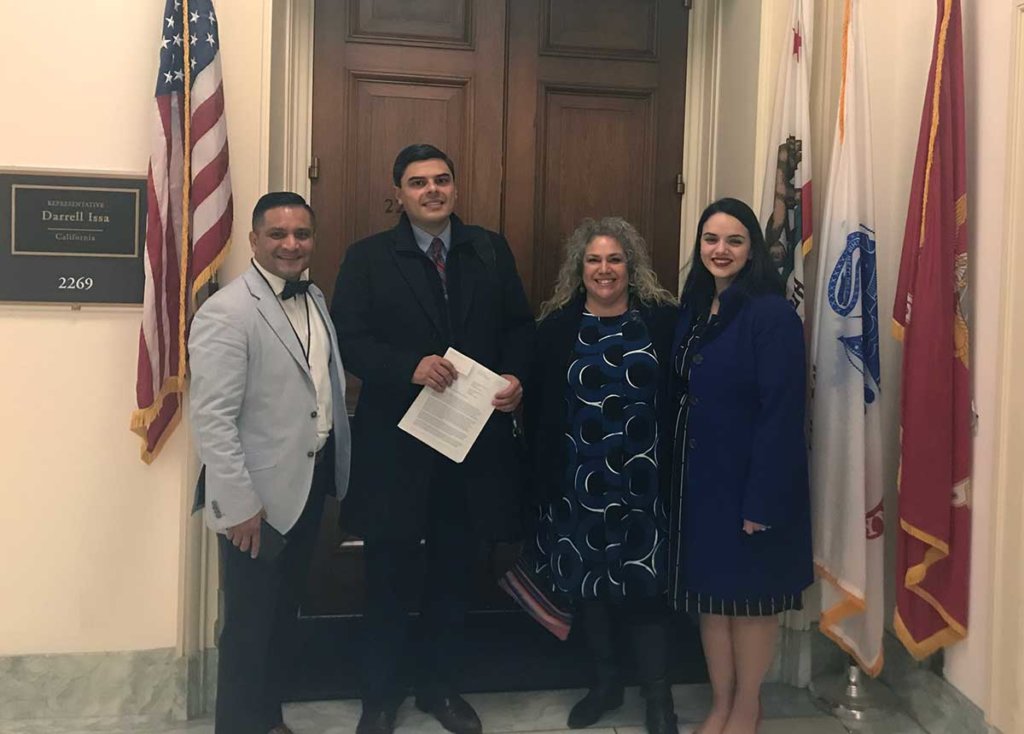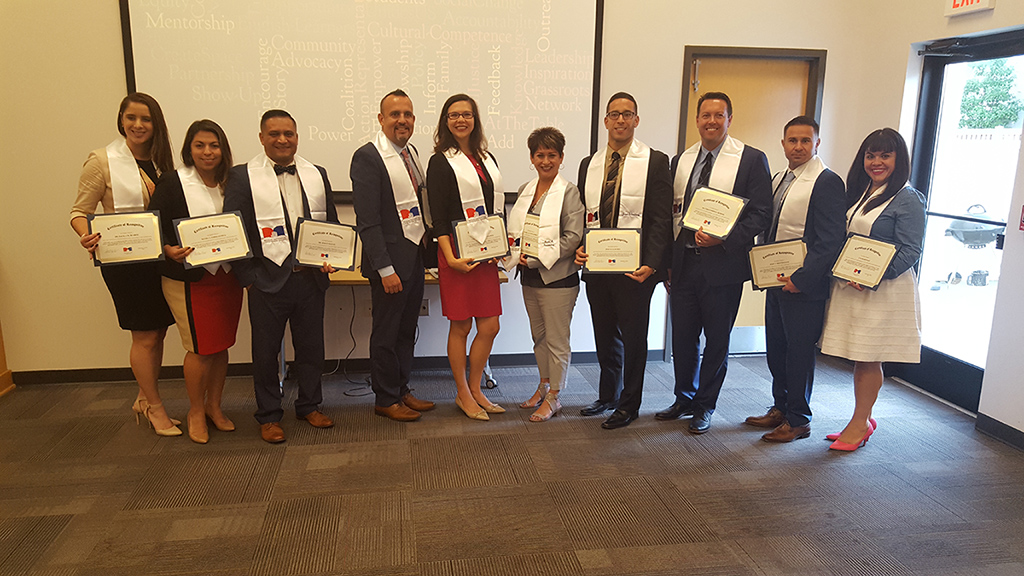Leadership Qualities of Equity-Focused School Leaders: Rafael Gaeta
By Rafael Gaeta, Ed.D., Nightingale Middle School, National Institute for Latino School Leaders Fellow

Equity can be defined as “the quality of being fair and impartial.” As a school administrator, the topic of equity can conjure up cognitive dissonance with the personnel we work with each day. Why does the topic of equity cause so much angst at times? We believe the answer could be in the way that the terms “equity” and “equal” have been used interchangeably. A person’s definition of these terms may be the very factor that causes the angst that many school leaders encounter as they try to make decisions to create and sustain an equitable school environment. As a first-year “rookie” principal, I present a perspective of an administrator who continuously works on maintaining equity at our schools.
Keep up with the latest from UnidosUS
Sign up for the weekly UnidosUS Action Network newsletter delivered every Thursday.
I just celebrated my one-year anniversary as the principal at my middle school in Northeast Los Angeles. My middle school has a more diverse student body than most schools in my area. We are 70% Latino, 29% Asian, and 1% Black. My school is considered school-wide Title I due to the socioeconomic status of our student population. I came into my first principal assignment with my personal experiences as an immigrant to this country and an English learner. Coincidentally, many of those experiences are also those of my students.

Reflecting on my first year at the helm of my middle school, I realized that being an equitable leader means that you have an intentional plan to provide all students the opportunity to access rigorous levels of knowledge and skill that they can apply to the real world. I did not know what to expect when I was selected to be the principal, but I knew that I needed a transparent and equitable focus to move school forward. I implemented the following three strategies to increase the academic achievement of all students:
- All students benefit from budget decisions, e.g., special education, English learners, and gifted students. An equitable leader also communicates that sometimes more money is spent on some students to help them close the achievement gap.
- Staffing decisions are for the benefit of the students. The strongest teachers teach the most needy students.
- Create a culture of results where the learning values the racial, linguistic, and economic diversity of the stakeholders.
By focusing on these strategies, I was able to get support from all stakeholders, e.g., parents, students, and staff. As a result, when I implemented these policies, each stakeholder knew that my decisions were focused on benefiting our students.



